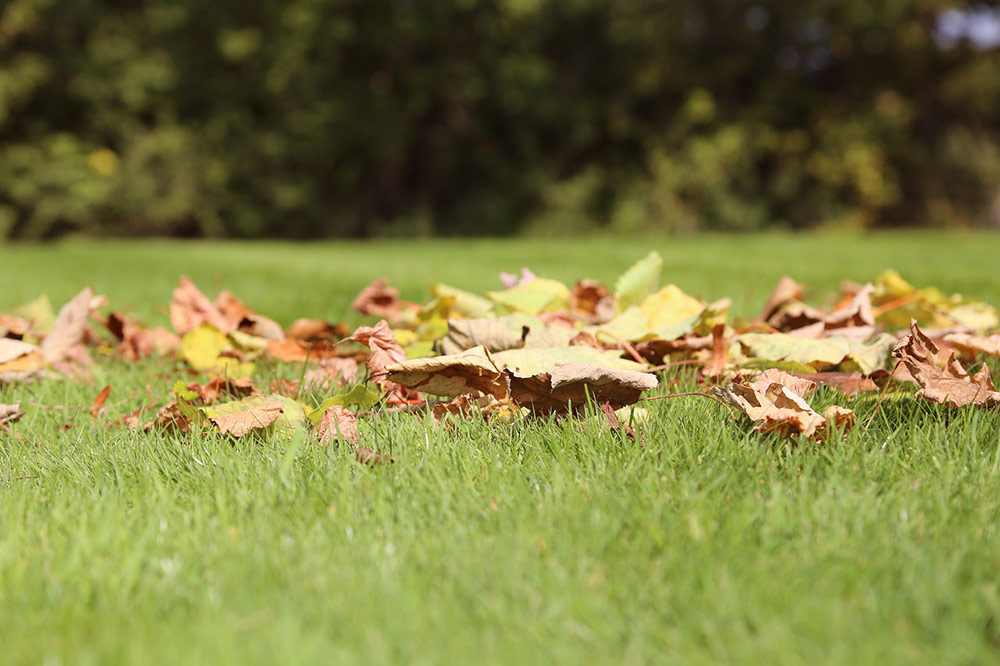Summer is coming to an end with the month of September generally being a cooler month than August. The days are becoming noticeably shorter, but the weather is however usually warm and calm, giving us the ideal conditions to plant trees and shrubs. It’s a great time of the year to appreciate those long-lasting plants that flower into autumn, and if you have a fruit or vegetable patch you’ll be busy reaping the rewards of a hopefully successful harvest. Don’t forget – if you look forward to a great spring display of colour then now is the time to buy and plant your bulbs. Whatever you’re doing in your garden in September, be sure to make the most of the remaining warmth while you can.
Looking Good This Month: Hebe ‘Bowles’s Variety’
Why should you plant them? Hebe ‘Bowles’s Variety’ is an evergreen, rounded shrub with ovate, glossy green leaves that makes a very attractive plant for borders or containers. Easy to care for, this hebe is drought tolerant and flowers prolifically in summer.
How should you plant them? This variety of hebe flowers best when planted in full sun. The addition of a good quality compost when planting is essential to prevent the roots becoming too dry. After flowering, sheer back dead flower stems to keep the plant looking full.
3 Essential Gardening Jobs for September
Divide Herbaceous Perennials
September is a good month to lift and divide summer-flowering herbaceous perennials. Most perennials need to be divided every three to five years, as the plants can become too big for the border and become congested. Dividing will invigorate the plant and help to improve flowering and overall shape for next year. Gently dig out the plant you want to divide, being careful not to damage the roots. Use a garden fork to separate the plant into two, then shake of any excess soil and replant in your chosen spot a soon as possible.
Take Perennial Cuttings
Take cuttings of tender perennials such as fuchsia, salvia, verbena, penstemon and chrysanthemum. It’s a great way to increase the number of plants you have for your summer display, and there’s something really satisfying about seeing plants grow that you’ve created yourself. Find some strong growth that hasn’t flowered this year and cut a 5-10cm stem just below a leaf joint. Strip the leaves from the lower stem and leave one or two pairs at the top. Dip the end in hormone rooting powder and plant in pots of compost mixed with grit. Leave the pots somewhere bright and warm until rooted, then re-pot into larger containers. Overwinter in the greenhouse or conservatory.
Plant Spring Flowering Bulbs
Bulbs make a fine display planted in containers or borders, especially tulips, snowdrops and daffodils. They are one of the easiest and most rewarding plants to grow and are great for adding colour to spring borders. Tulips come in a huge variety of colours and bloom at a time of year when there is very little colour in the garden. Snowdrops, appearing before the tulip, are one of the earliest flowering plants in the garden. When the snowdrop begins to fade the daffodil begins to appear, with its cheery shades of yellow brightening the borders.
Enjoy Your Garden in September!





